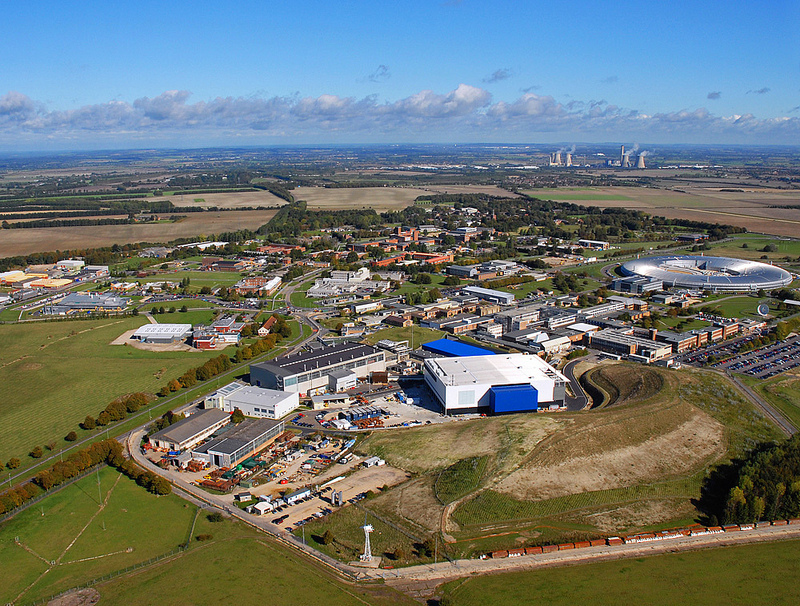Business secretary Vince Cable has revealed that the total public and private sector investment into the Catapult technology and innovation centres now stands at £1.4 billion, with further to come.
The disclosure comes as Cable, and the government, are planning to roll out two further Catapults – an Energy Systems offering as well as Diagnostics for Stratified Medicine set-up.
The two new Catapults will sit alongside the seven that already exist: High Value Manufacturing, Satellite Applications, Cell Therapy, Offshore Renewable Energy, Future Cities, Transport Systems and the Connected Digital Economy.
Cable comments, ‘By committing to investment in new technologies now, we are laying the foundations for the high-growth businesses of the future.
‘This will allow them to grow, take on more employees and keep the UK at the forefront of global innovation.’
It will take until 2015/16 for the two new Catapults to be operational, when they will target UK businesses which are looking to take on the challenge of creating energy systems that meet future supply and demand as well as those hoping to identify and provide the right care for individual patients and reduce the cost of healthcare.
As well as unveiling the Energy Systems and Diagnostics for Stratified Medicines Catapults, a further £7 million is being injected into the High Value Manufacturing scheme.
Back in May, GrowthBusiness examined the UK space sector and profiled how the Satellite Operations Catapult is attempting to turn the UK into a ‘world-class’ centre for the development and commercial exploitation of space and satellite-based products, services and applications.
Commenting on the increased spend in Catapults, Cable adds, ‘When the government was formed, we faced difficult choices: my department faced cuts of around 24 per cent over four years. We decided to prioritise science – the budget was ring-fenced and protected – and to invest additional money in a new model of supporting innovation.
‘Working with my colleague David Willetts, I have been eager to highlight the importance of key technologies, like satellites, to the industrial strategy – the government’s long-term approach to rebalancing the economy in partnership with business.’
Further recent developments to come out of the Catapult programme was news that the Future Cities scheme was to be located in London.
A £150 million joint investment from the Technology Strategy Board and industry will go towards London hosting the Future Cities Catapult. It will examine ways in which services across health, transport, energy and public safety can be integrated to boost the economy.
Iain Gray, chief executive of the Technology Strategy Board, says, ‘The Catapult centres have been set to make real changes to the way innovation happens in the UK – to make things faster, less risky and more successful.
‘We’re proud of the substantial progress made so far and excited by the very real prospects that the Catapults offer in support of future economic growth.’






